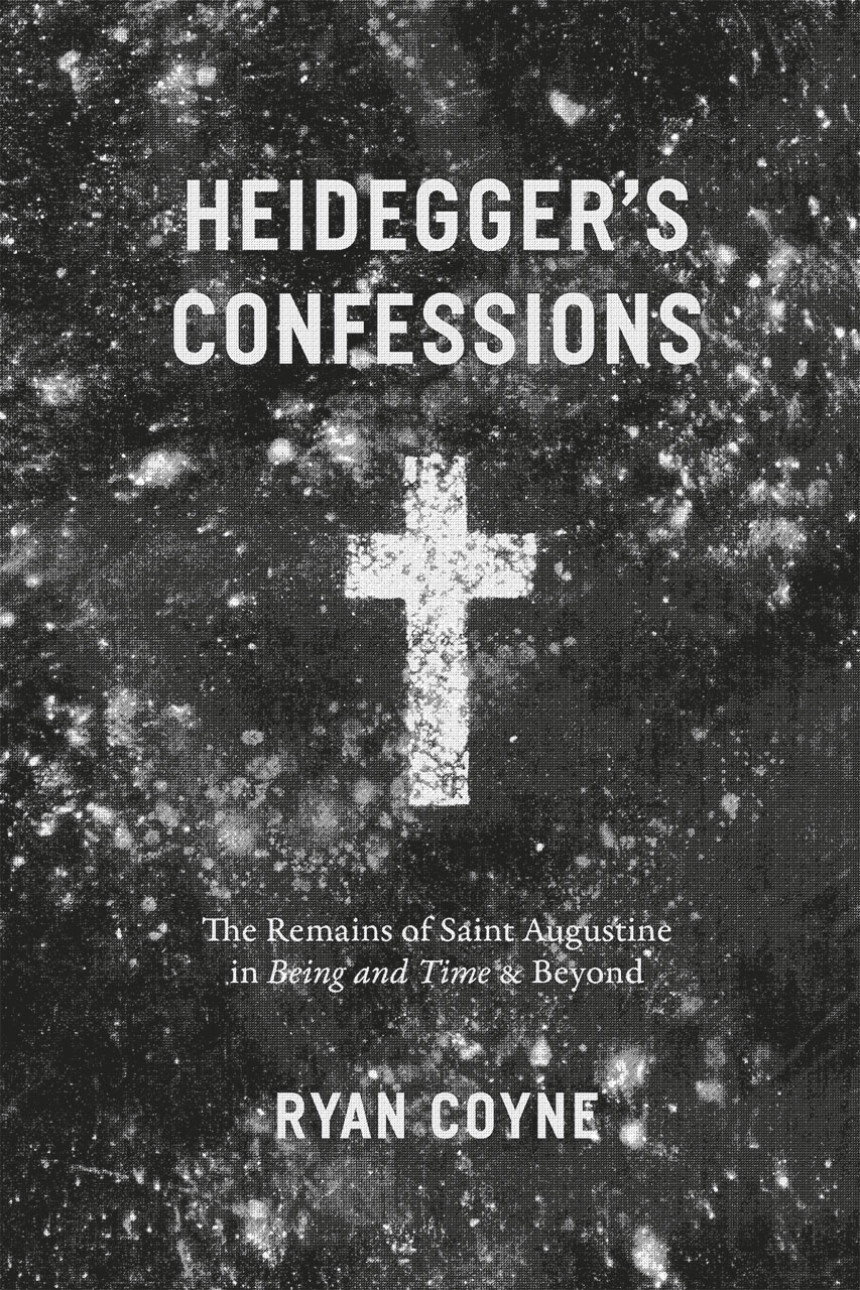Heidegger’s Confessions
The Remains of Saint Augustine in "Being and Time" and Beyond
9780226419077
9780226209302
9780226209449
Heidegger’s Confessions
The Remains of Saint Augustine in "Being and Time" and Beyond
Although Martin Heidegger is nearly as notorious as Friedrich Nietzsche for embracing the death of God, the philosopher himself acknowledged that Christianity accompanied him at every stage of his career. In Heidegger’s Confessions, Ryan Coyne isolates a crucially important player in this story: Saint Augustine. Uncovering the significance of Saint Augustine in Heidegger’s philosophy, he details the complex and conflicted ways in which Heidegger paradoxically sought to define himself against the Christian tradition while at the same time making use of its resources.
Coyne first examines the role of Augustine in Heidegger’s early period and the development of his magnum opus, Being and Time. He then goes on to show that Heidegger owed an abiding debt to Augustine even following his own rise as a secular philosopher, tracing his early encounters with theological texts through to his late thoughts and writings. Bringing a fresh and unexpected perspective to bear on Heidegger’s profoundly influential critique of modern metaphysics, Coyne traces a larger lineage between religious and theological discourse and continental philosophy.
Coyne first examines the role of Augustine in Heidegger’s early period and the development of his magnum opus, Being and Time. He then goes on to show that Heidegger owed an abiding debt to Augustine even following his own rise as a secular philosopher, tracing his early encounters with theological texts through to his late thoughts and writings. Bringing a fresh and unexpected perspective to bear on Heidegger’s profoundly influential critique of modern metaphysics, Coyne traces a larger lineage between religious and theological discourse and continental philosophy.
Reviews
Table of Contents
Acknowledgments
Introduction
Chapter 1: Heidegger’s Paul
Chapter 2: The Cogito Out-of-Reach
Chapter 3: The Remains of Christian Theology
Chapter 4: Testimony and the Irretrievable in Being and Time
Chapter 5: Temporality and Transformation, or Augustine through the Turn
Chapter 6: On Retraction
Conclusion: Difference and De-Theologization
Notes
Selected Bibliography
Index
